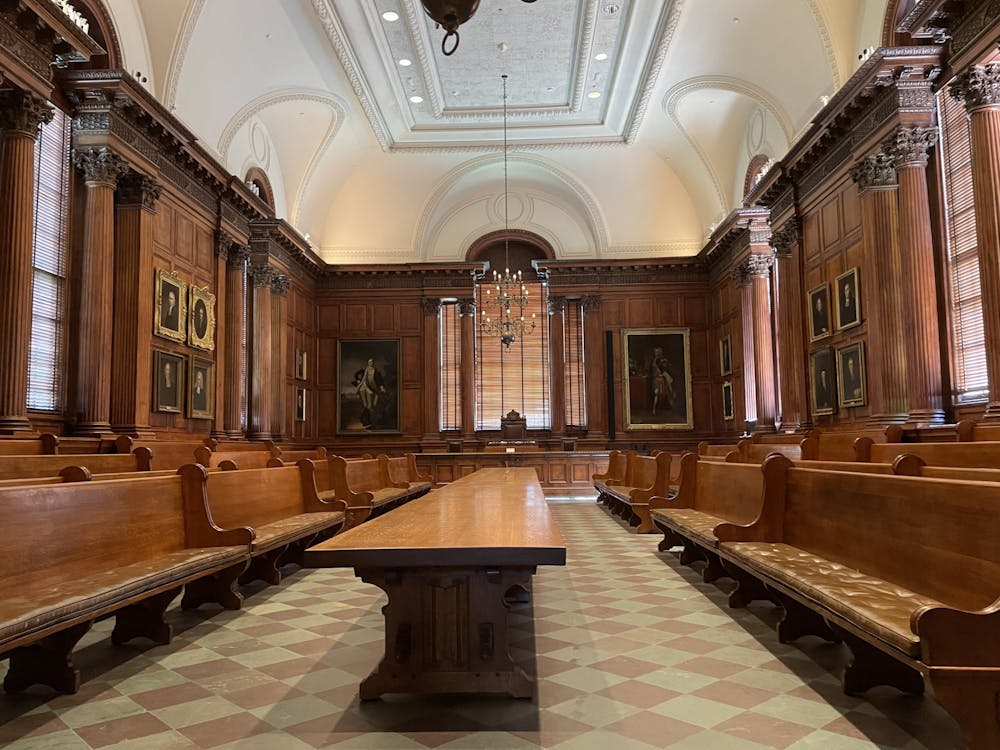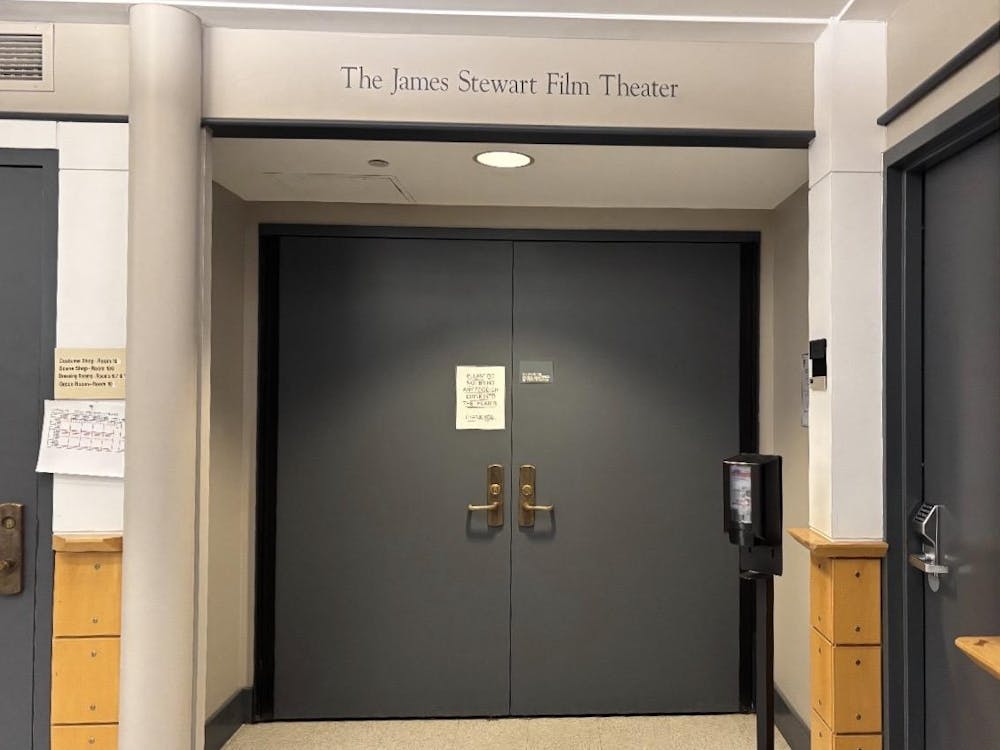On January 31, Princeton’s Board of Trustees announced that they had approved six new faculty appointments. These faculty come from a variety of studies across Princeton’s campus. In this round of appointments, three out of the six were concentrated in the natural sciences.
However, in the past year, social sciences made up the largest number of appointments with 24 appointments. While the University is gearing campus expansion towards STEM resources, such as the new Quantum Initiative building and the School of Engineering and Applied Sciences (SEAS), exactly half as many faculty appointments were made to the engineering departments.
As the University's goals around academic departments shift, The Daily Princetonian looked back at faculty appointments over the past calendar year from the date of publication, from February 6, 2023 to February 6, 2024.
Most faculty appointments over the past year have been assistant professors. An assistant professorship is an entry-level, tenure-track faculty appointment.
According to the Rules and Procedures of the Faculty, “the normal initial appointment of an Assistant Professor is for a three-year term.” Faculty may have their appointment renewed for another three year position after that, at which point, if they have not been promoted, “the sixth year of appointment as Assistant Professor shall normally be considered terminal,” barring extenuating circumstances. For example, Assistant Professors automatically get an extra year added to their term for every child they have during their appointment.
In a statement to the ‘Prince’ in November, Szymon Rusinkiewicz, Chair of the Department of Computer Science, wrote that “candidates who are wrapping up a Ph.D., who are current postdocs, or who have received Ph.D.s in the recent past apply for Assistant Professor.”
Associate Professorships are also three-year appointments, and similarly to Assistant Professorships, “the first appointment to the Faculty in the rank of Associate Professor may be for a term of up to three years. The service of the appointee shall then terminate unless he or she is reappointed” or promoted to the full Professor position. Upon reappointment in the position of Associate Professor, faculty are typically appointed with tenure, although they may, in an “exceptional case,” be reappointed for one year. However, according to the Rules and Procedures of the Faculty, "departments may recommend that the initial appointment of an Associate Professor be without express limitation as to term (i.e., with continuing tenure)."

Full Professorships are tenured appointments, meaning that faculty are appointed “without express limitation as to term.” New full professors are typically appointed from faculty positions at other universities.
Over the past year, more new faculty have been appointed in the social sciences than any other field. More than twice as many new faculty have been appointed in the social sciences as in engineering, the same number of humanities professors have been appointed in the humanities as in engineering. Meanwhile, engineering students outnumber humanities students by a more than 2 to 1 ratio, and the University is building a new School of Engineering and Applied Science. When faculty are appointed to multiple departments, they are appointed to a home department, or their primary academic department, and a joint department, or their secondary academic department. Faculty with appointments in multiple departments were counted once per department. For example, Dr. Peter Henderson, whose research interests focus on "aligning machine learning, law, and policy," was appointed to both the Computer Science department and the School of Public and International Affairs (SPIA). His appointment counted towards both the engineering and the social sciences in this analysis.
Nine professors had appointments in multiple academic departments, and of those, seven, including Henderson, had joint appointments in SPIA. Professors appointed to centers of study were not included in the analysis of academic fields due to the interdisciplinary nature of those centers.

In an interview with the ‘Prince’ in Fall 2022, President Christopher Eisgruber ’83 said that “rebuilding and fortifying our School of Engineering and Applied Science” was his top priority. At the same time, he reiterated the University’s commitment to providing a broad liberal arts education, and said that “the humanities are essential to the liberal arts education that we offer at Princeton, and I frankly think they’re essential for every student.” He mentioned being “concerned” about the trend of fewer students majoring in the humanities, emphasizing the University’s commitment to “continue to invest in the humanities.”
More new faculty have been appointed in the School of Public and International Affairs than any other department. Eight new professors have been appointed to the Chemistry department, and six have been appointed to the Department of Computer Science. Two professors have joint appointments with the Andlinger Center for Energy and the Environment, a center that Eisgruber cited as being “important to invest in” due to its research on climate change and the environment.
Some of the most recent group of faculty appointed joined the faculty last month, while others will join over the summer and in the fall.
Suthi Navaratnam-Tomayko is a head Data editor for the ‘Prince.’
Please send any corrections to corrections[at]dailyprincetonian.com.
Correction: This piece has been edited to clarify methodology at at various points and to clarify the tenure status of associate professors. The 'Prince' regrets this error.








